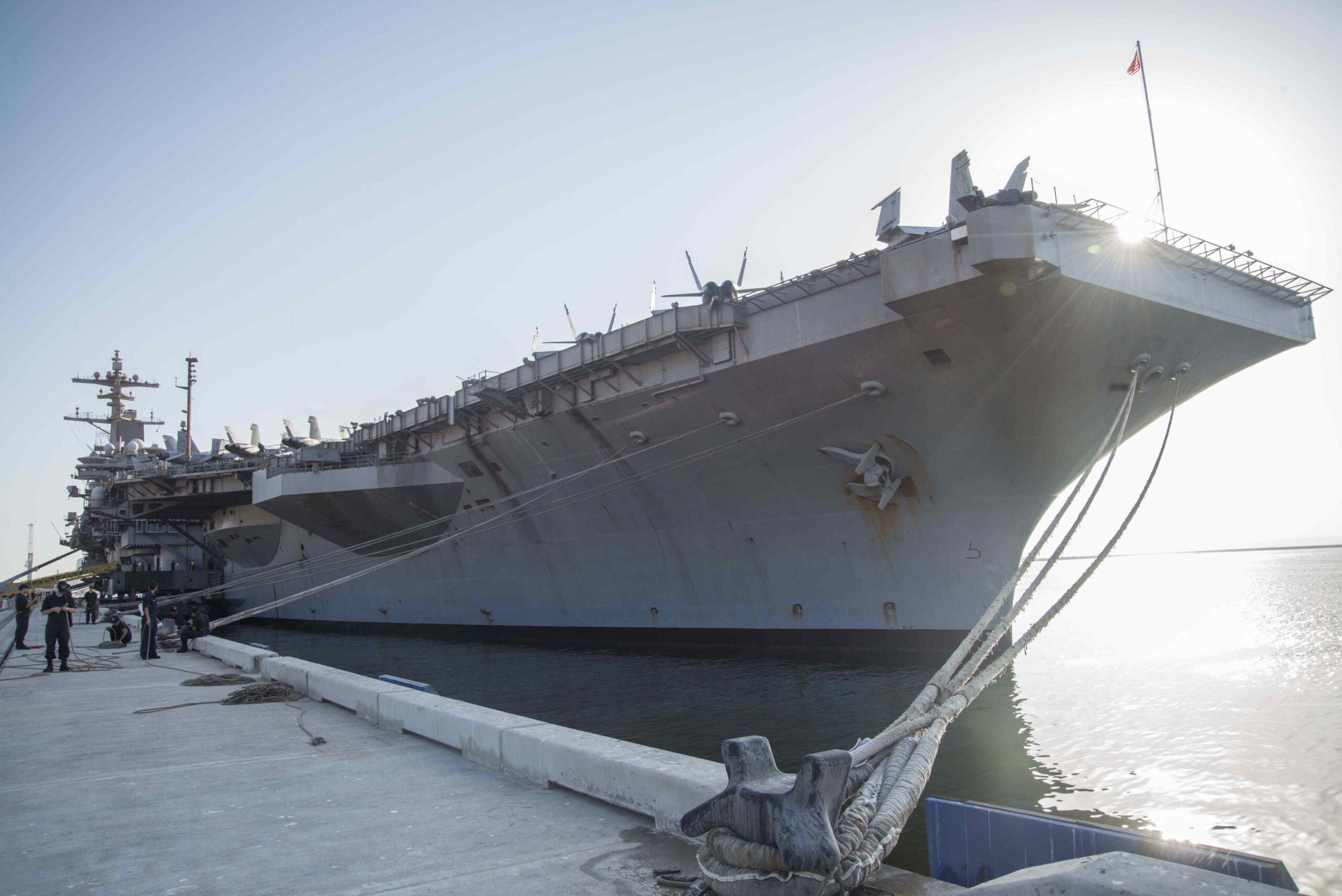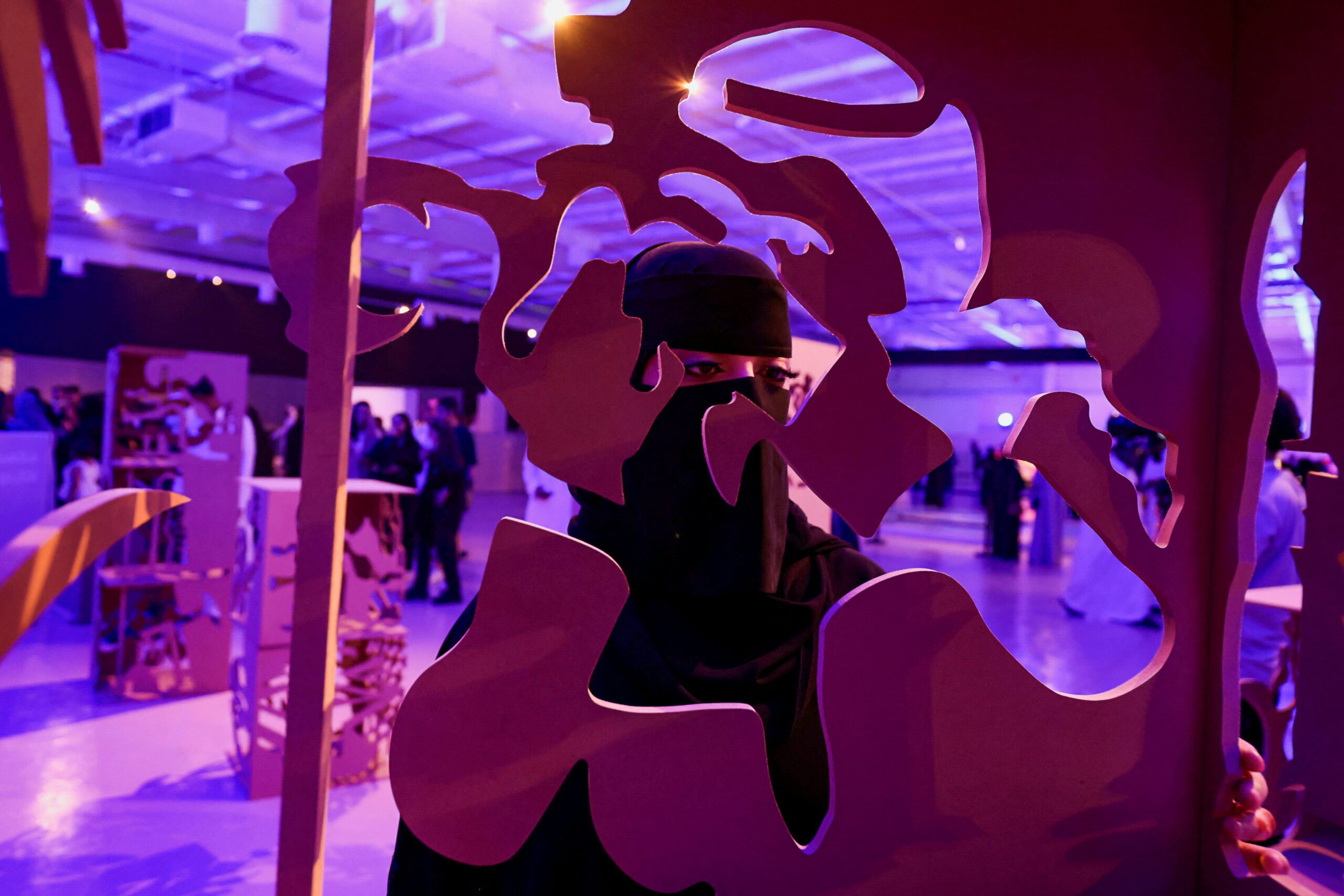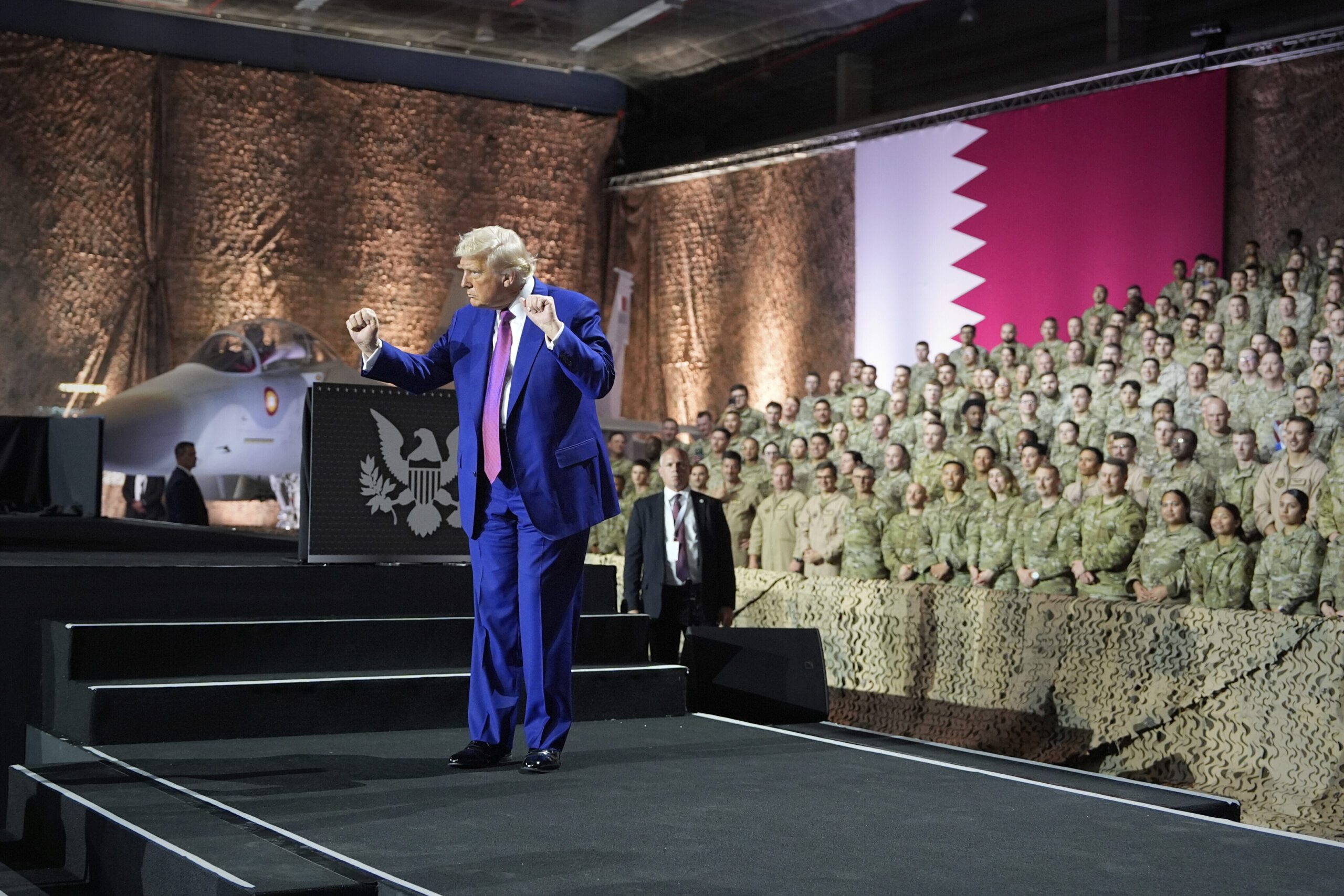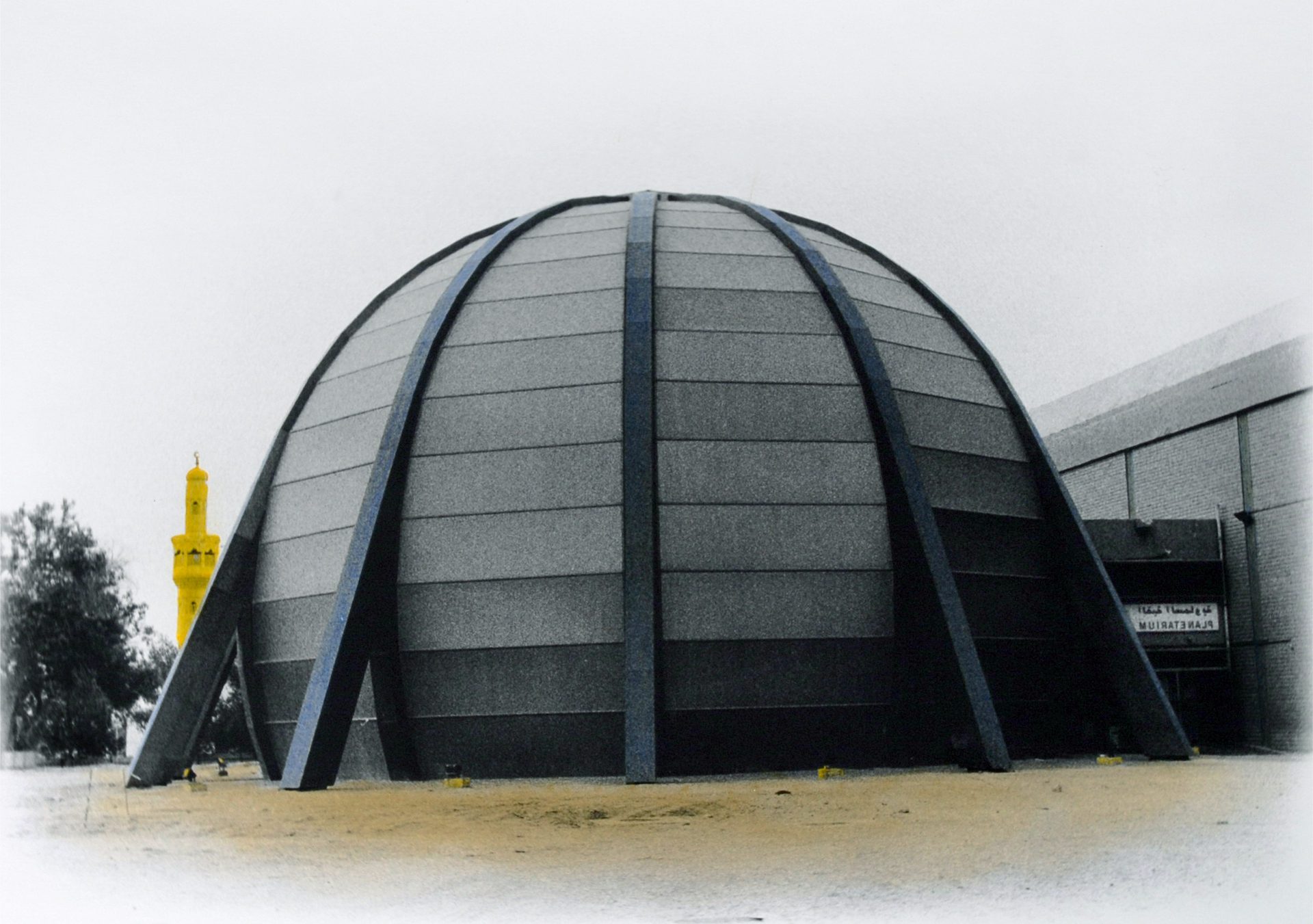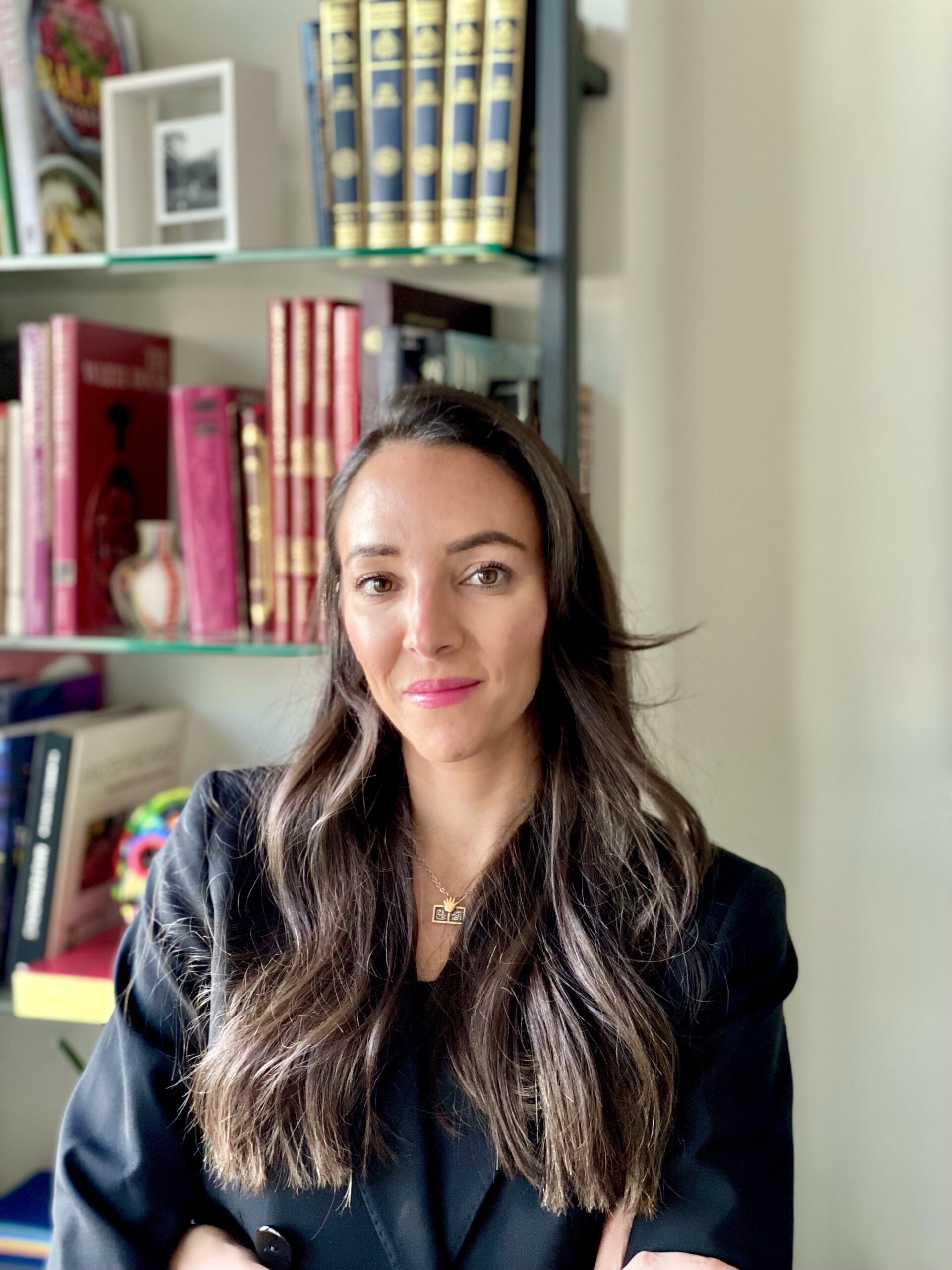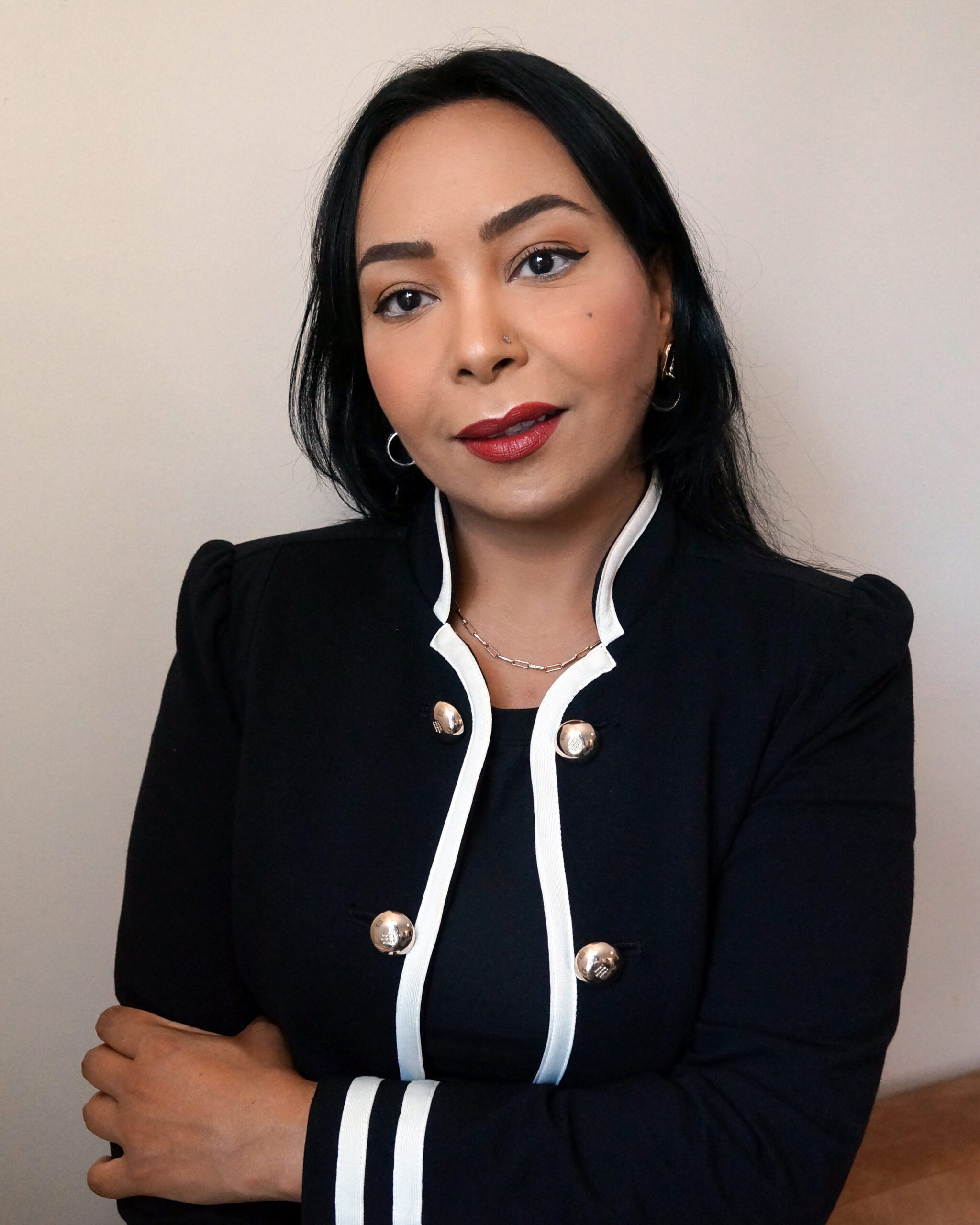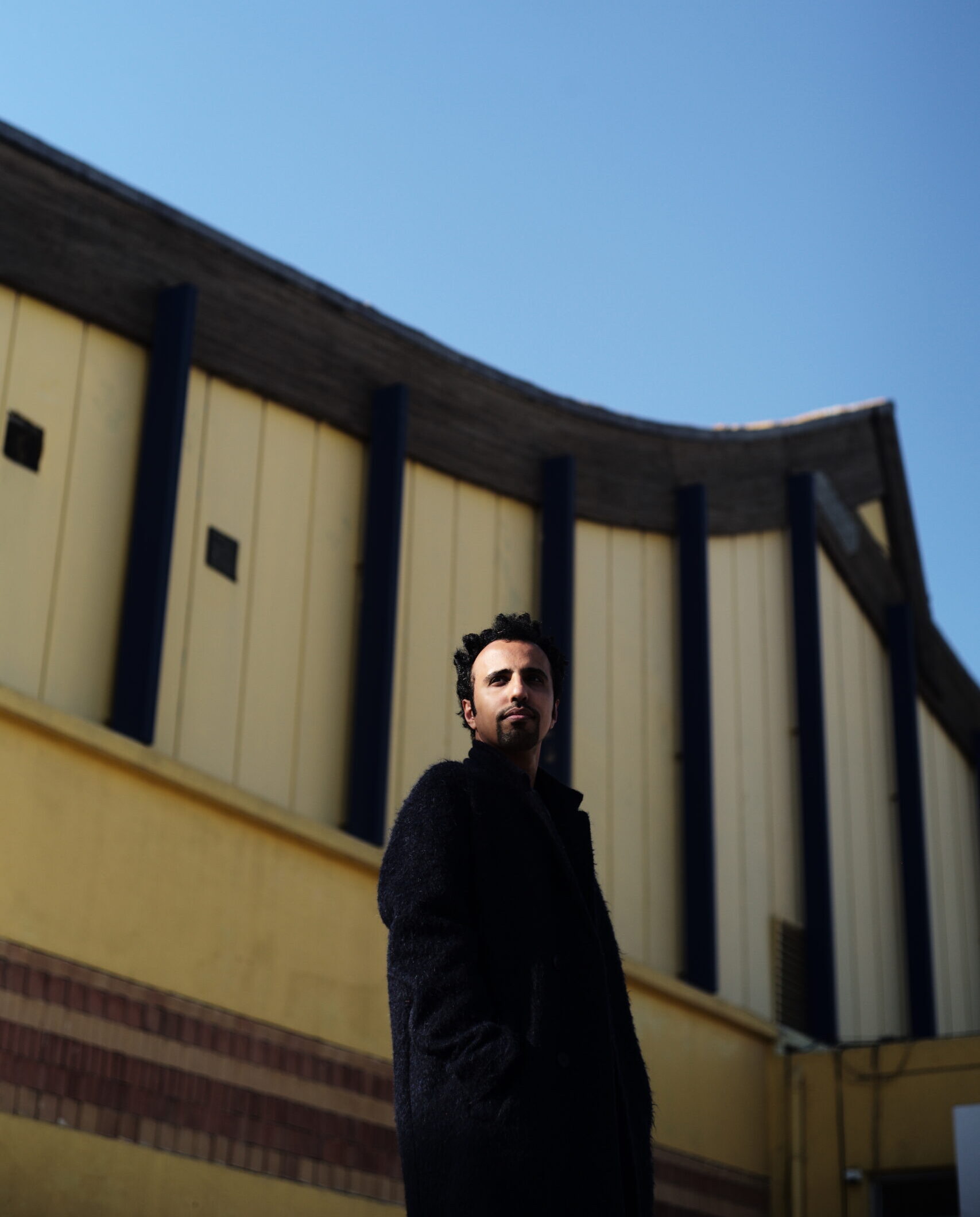In a Region Beset by Zero-Sum Conflicts, Oman Remains Open to All
Avoiding provocation of international powers and regional neighbors, Oman remains determined to make its connections to all sides a strategic asset.
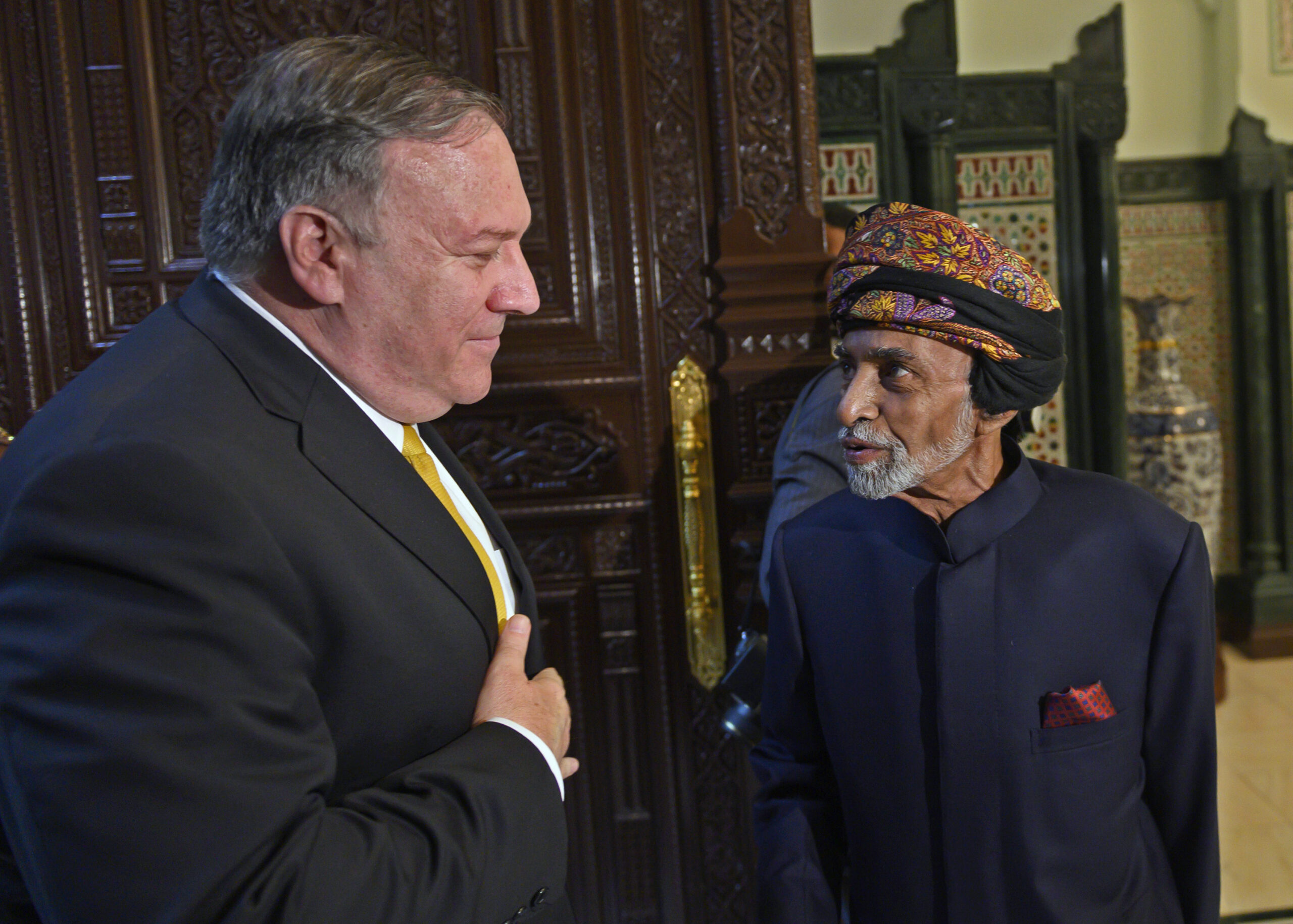
As tensions in the Gulf ratchet up between the United States and Iran, Oman is in a familiar place: utilizing its good relations with all to find an off ramp to conflict. On May 16, U.S. Secretary of State Mike Pompeo spoke by phone with Omani Sultan Qaboos bin Said to stress the need for all parties to comply with commitments to the U.N.-led political mediation in the Yemen conflict and to discuss the Iranian threats to the region. Four days later, Oman’s Foreign Minister Yusuf bin Alawi was in Tehran meeting his counterpart, Iranian Foreign Minister Mohammad Javad Zarif. In an interview, Alawi later confirmed that Oman is striving to ease hostilities and that Washington and Tehran are aware of the “seriousness of sliding into war.”
The moment highlights Oman’s determination to make its connections to all sides a strategic asset. Yet there is no denying the difficulty of adhering to neutrality in this current moment in the Gulf when ultimatum takes precedent over negotiation: Washington’s comprehensive use of economic sanctions to force Iran’s strategic retreat and the Saudi and United Arab Emirates-orchestrated boycott to compel Qatar to change its policies. These forceful campaigns to remake the regional order resist mediation and embrace the disruption of normal commercial activity as leverage. Both are a threat to Oman, which is courting investment from all.
It is a strategy born of necessity, as Oman faces challenges to its economic viability and sovereignty. Thus far, Oman has met these challenges by doubling down on its strategy, welcoming overtures from all economic parties, and meeting pressure to choose sides by proposing new diplomatic overtures and opportunities for security cooperation.
Oman’s “Swiss Neutrality”
There is no doubting the vulnerabilities of Oman in the current moment. Under the administration of President Barack Obama, Oman was able to utilize its historical good relations with Iran as an asset, facilitating the secret talks that advanced the U.S. policy of containing the nuclear threat of Iran through the signing of the Joint Comprehensive Plan of Action. Yet this left many of the Gulf Arab countries and Israel dissatisfied with the failure to address Iran’s strategic advances in the Middle East. The administration of President Donald J. Trump withdrew from the nuclear deal in favor of punitive sanctions to starve Iran of funds and force its strategic retreat.
The Trump administration expects the ratcheting up of economic pressure to force Iran back to the negotiating table under less favorable terms to the Islamic Republic. Yet whether this succeeds or devolves into a more perilous cycle of Iranian strategic sabotage and U.S. counterstrike is unclear. Iran, whose defense doctrine is based on forward positioning as security against attack, certainly has the assets and mindset for a high-stakes asymmetrical campaign characterized by drones, cyberattacks, and tactical strikes, most of which would take place within Iraq and the Gulf Arab countries themselves. The smaller countries along the Gulf littoral thus find themselves on the frontlines of this confrontation as the larger powers around them set the terms.
A similar dynamic is at play in the Gulf crisis, a zero-sum competition that pits the UAE and Saudi Arabia and their partners in the quartet against Qatar. Oman sits uneasily among these rivalries. While Oman shares the quartet’s concerns about the dangers of Islamist extremism, politically it is wary of the ascendancy of the Saudi-Emirati alliance, and potential competition with its own strategic interests in the Gulf and southern Arabia. The Saudi-led intervention in neighboring Yemen is of particular concern due to the acceleration toward state collapse and potential opening for extremist parties, such as the Islamic State in Iraq and the Levant. With some trepidation, Oman is watching developments in neighboring Mahra governorate, which Oman views as within its sphere of influence. And Omani concern over the Emirati presence within the sultanate is increasingly apparent, as demonstrated in the foreign minister’s veiled acknowledgement of arrests for spying and the imposition of a new decree prohibiting non-Omani ownership of land and real estate in borderland regions as well as some heritage and agricultural sites. This reportedly was prompted in part by concerns about Emirati purchases of contiguous properties in the strategic Musandam Peninsula and northern Oman.
The confluence of these twin campaigns contra Qatar and Iran has proved a predicament for Oman in Trump’s Washington, where Emirati and Saudi interests are well represented and Oman has been viewed with suspicion due to the role it played in facilitating the nuclear deal with Iran spearheaded by the Obama administration.
Yet open defiance is not an option for a small if proud state beset by economic challenges. Instead, Oman has adhered to the strategy of being open to all. Indeed, when pressed to close doors, Oman has opened even more, notably in hosting Israeli Prime Minister Benjamin Netanyahu in October 2018 – a politically deft way to play its neutrality to its advantage and to demonstrate its usefulness to the Trump administration’s objectives on other fronts.
A similar strategic flexibility, with even higher stakes, is at play in Oman’s navigation of the U.S.-Iranian standoff. In March, Oman negotiated a framework agreement opening up its facilities to U.S. military ships and planes, primarily the strategic Duqm port. Yet less than a month later, Iranian news sources reported that the two countries went ahead with the annual meeting of the Iranian-Omani joint military commission, including joint military drills and a new memorandum of understanding to boost cooperation. Oman also participated in the recent emergency Gulf and Arab summits convened by Saudi King Salman bin Abdulaziz in Mecca, which were designed to present a united front in the face of recent drone strikes on the kingdom and attacks on vessels off the coast of the UAE.
Balancing political tensions in a maximalist Gulf is not easy. Neither is preserving independence while facing economic austerity. Just as Oman is seeking to avoid strategic “capture,” it is also working to avoid the fall into dependency on any one state.
Preserving Autonomy under Austerity
While Oman’s Swiss neutrality is calculated to insulate it from military conflict, it also is driven by economic imperatives – the need to draw upon diverse sources of investment to develop its ports and infrastructure.
Oman, like Bahrain, experienced domestic unrest in 2011 and is relying upon oil revenue that is insufficient to meet long-conditioned public demands. In the past four years, Oman’s government debt has risen to nearly 50 percent of gross domestic product and, correspondingly, its credit worthiness has fallen from A-rated to below investment grade. Yet, unlike Bahrain, which has turned to its Gulf partners for debt relief and relinquished some autonomy in the process, Oman has chosen to make its own way. Indeed, even before the Qatar dispute, Oman was increasingly defining its interests within a framework distinct from the Gulf Cooperation Council, openly rejecting greater GCC unity and foregoing Gulf Arab government aid to meet its budgetary needs. The sultanate will face a pivotal test as to whether it can continue to attract takers for its increasing debt when it offers a $2 billion bond issue later this year.
Oman has been much more receptive to direct investment from the Gulf private sector in addition to the large investment made by China to build Duqm port. Investments in Oman’s major infrastructure, industrial, and housing projects have come from: Kuwait Petroleum in the Duqm port refinery; private Saudi investors in Oman’s first dry port in Khazaen; and the Emirati Majid Al Futtaim group in new mixed-use developments in Madinat Al Irfan and Al Mouj. Oman’s gas pipeline project with Iran, for which a memorandum of understanding was signed in 2013, has faced numerous delays and now complications due to U.S. sanctions. Still, Oman has been able to capitalize on new economic opportunities in the midst of regional conflict. Since the boycott of Qatar began, trade with Doha has more than doubled, with Oman becoming a key hub for Qatari flights. And with the ongoing conflict in Yemen, displaced Yemeni businesses have been functioning in Oman’s southern cities and ports.
Business, as Usual
The competition to settle the political future of the Middle East in the wake of the political upheaval unleashed in 2011 has generated multiple fault lines among both regional and international rivals. Still Oman isn’t closing its doors, avoiding provocation of international powers and regional neighbors; Oman is welcoming business, if not quite as usual.
The views represented herein are the author's or speaker's own and do not necessarily reflect the views of AGSI, its staff, or its board of directors.

